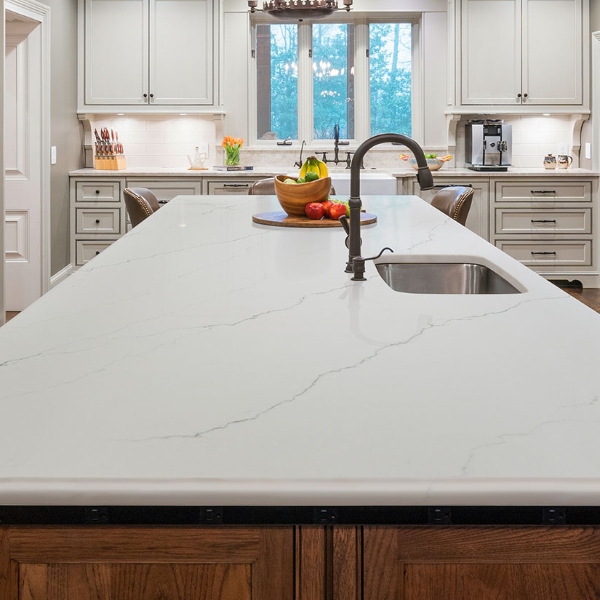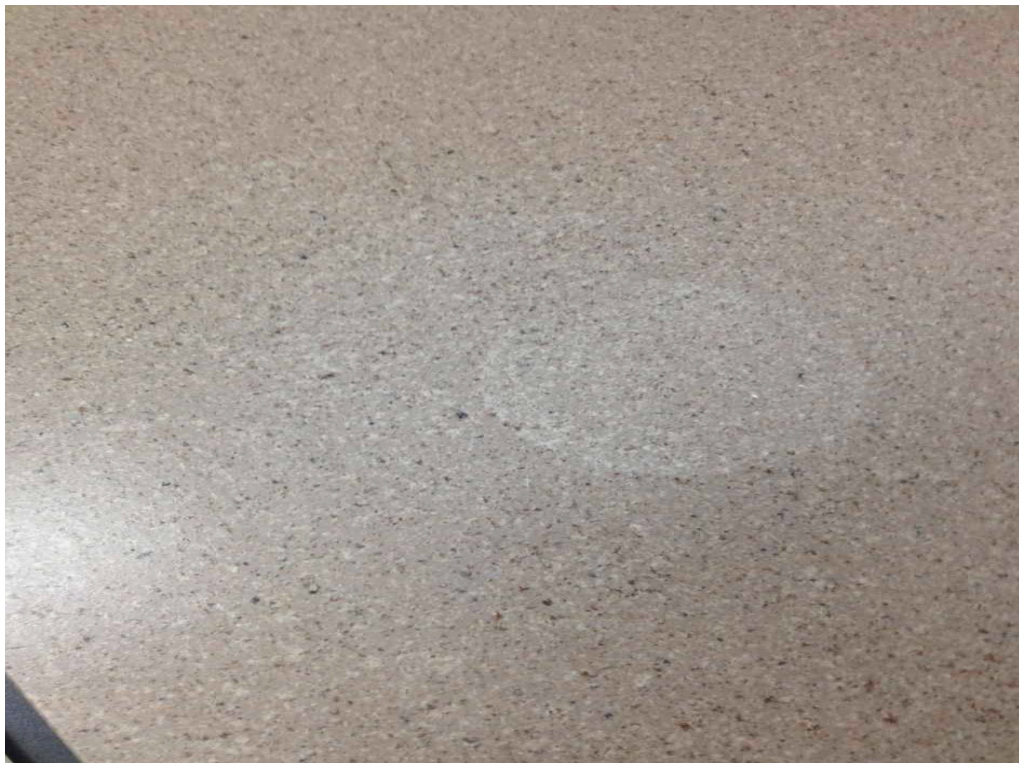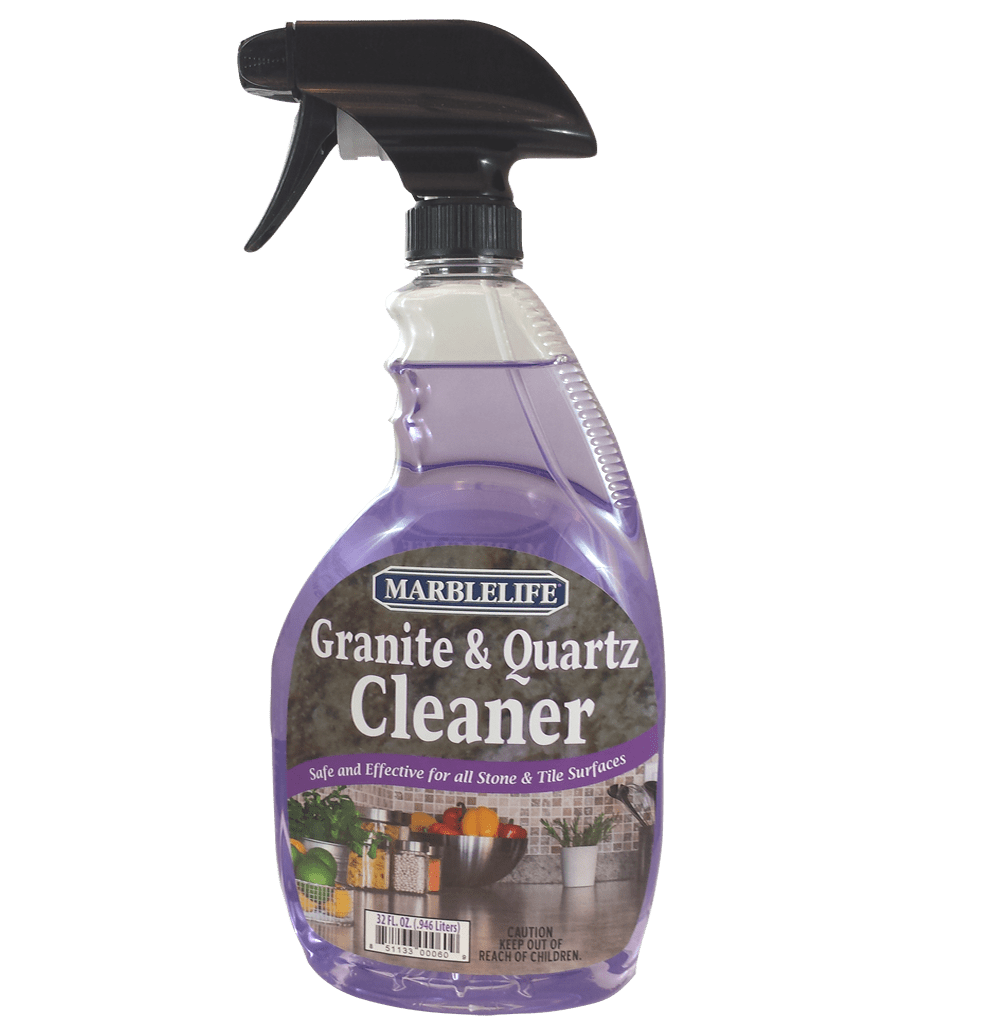Quartz countertops are known for their durability, resistance to stains, and low maintenance requirements. However, despite their resilience, quartz countertops may occasionally develop stains from certain substances or spills. Fortunately, there are several effective methods and products available for removing stains from quartz countertops. Here’s a comprehensive guide to quartz countertop stain remover:
Natural Cleaning Solutions: For light stains and everyday cleaning, a simple mixture of mild dish soap and warm water can be effective for removing stains from quartz countertops. Mix a small amount of dish soap with warm water, dampen a soft cloth or sponge in the solution, and gently scrub the stained area in a circular motion. Rinse the countertop thoroughly with clean water and dry it with a soft cloth to prevent water spots.
Isopropyl Alcohol: Isopropyl alcohol, commonly known as rubbing alcohol, is an effective stain remover for quartz countertops. Dampen a soft cloth or sponge with isopropyl alcohol and gently rub the stained area in a circular motion. Rinse the countertop thoroughly with clean water and dry it with a soft cloth. Isopropyl alcohol is particularly useful for removing oil-based stains such as grease, cooking oil, or makeup.
Baking Soda Paste: Baking soda is a natural abrasive that can help lift and remove stubborn stains from quartz countertops. To create a baking soda paste, mix baking soda with a small amount of water to form a thick paste. Apply the paste to the stained area and gently scrub it with a soft cloth or sponge. Rinse the countertop thoroughly with clean water and dry it with a soft cloth.
Commercial Quartz Cleaner: There are several commercial quartz countertop cleaners available on the market specifically formulated to remove stains and maintain the beauty of quartz surfaces. These cleaners are designed to be gentle yet effective and may contain ingredients such as hydrogen peroxide or oxalic acid to help lift stains. Follow the manufacturer’s instructions for application and use caution to avoid damaging the countertop.

Vinegar and Water Solution: A solution of vinegar and water can also be effective for removing stains from quartz countertops. Mix equal parts of white vinegar and water in a spray bottle and spray the solution onto the stained area. Let it sit for a few minutes to loosen the stain, then wipe it away with a soft cloth or sponge. Rinse the countertop thoroughly with clean water and dry it with a soft cloth.
Specialty Stain Removers: There are specialty stain removers available specifically designed for use on quartz countertops. These products are formulated to penetrate and lift stubborn stains without damaging the quartz surface. Follow the manufacturer’s instructions for application and use caution to avoid contact with skin or eyes.
Avoid Harsh Chemicals: When removing stains from quartz countertops, it’s essential to avoid using harsh chemicals or abrasive cleaners that can damage the surface. Avoid products containing bleach, ammonia, or abrasive scrubbing pads, as these can dull the finish and cause permanent damage to the quartz.

Gentle Scrubbing: When scrubbing stains from quartz countertops, use a soft cloth, sponge, or non-abrasive scrubbing pad to avoid scratching or damaging the surface. Apply gentle pressure and scrub in a circular motion to lift the stain without causing any damage.
Preventative Measures: To prevent stains from occurring on quartz countertops, it’s essential to clean up spills promptly and avoid placing hot pots or pans directly onto the surface. Use trivets or hot pads to protect the countertop from heat damage, and avoid cutting directly on the surface to prevent scratches.
Regular Maintenance: Regular cleaning and maintenance are key to keeping quartz countertops looking their best and preventing stains from occurring. Clean the countertop regularly with mild dish soap and warm water, and avoid using abrasive cleaners or harsh chemicals that can damage the surface.
Sealing: Unlike natural stone countertops, quartz countertops are non-porous and do not require sealing. However, if stains are particularly stubborn or persistent, applying a quartz countertop sealer may help protect the surface and prevent future staining. Follow the manufacturer’s instructions for application and reapplication as needed.
Professional Restoration: In some cases, stubborn or deep-set stains may require professional restoration to be removed completely. Professional stone restoration specialists have the tools and expertise to assess the stain and determine the best course of action for removal without damaging the countertop surface.

Avoiding Abrasive Tools: When removing stains from quartz countertops, avoid using abrasive tools such as steel wool or abrasive scrubbing pads, as these can scratch the surface and dull the finish. Stick to soft cloths, sponges, or non-abrasive scrubbing pads to avoid damaging the countertop.
Pretest New Products: Before using a new stain remover or cleaning product on your quartz countertop, it’s essential to pretest it in an inconspicuous area to ensure compatibility and prevent any potential damage to the surface. Follow the manufacturer’s instructions for pretesting and use caution when trying new products.
Consult Manufacturer Guidelines: Finally, when dealing with stains on quartz countertops, always consult the manufacturer’s guidelines and recommendations for cleaning and maintenance. Following the manufacturer’s instructions helps ensure the longevity and beauty of your quartz countertop while maintaining its warranty coverage.

Can I use bleach to remove stains from quartz countertops?
It is not recommended to use bleach or bleach-based cleaners on quartz countertops, as bleach can damage the surface and cause discoloration. Opt for gentler cleaning solutions such as mild dish soap and warm water or specialty quartz countertop cleaners.
Will vinegar damage quartz countertops?
Vinegar is generally safe to use on quartz countertops as a cleaning solution. However, it’s essential to dilute the vinegar with water and avoid leaving it on the surface for an extended period to prevent any potential etching or damage to the quartz.
How often should I seal my quartz countertops?
Unlike natural stone countertops, quartz countertops are non-porous and do not require sealing. However, if you choose to apply a quartz countertop sealer for added protection against stains, follow the manufacturer’s instructions for reapplication, typically every 1 to 3 years.
Can I use abrasive cleaners or scrubbing pads on quartz countertops?
It is not recommended to use abrasive cleaners or scrubbing pads on quartz countertops, as these can scratch the surface and dull the finish. Stick to soft cloths, sponges, or non-abrasive scrubbing pads to avoid damaging the countertop.
What should I do if the stain on my quartz countertop is stubborn and won’t come out?
If the stain on your quartz countertop is stubborn and won’t come out with gentle cleaning methods, consider using a specialty quartz countertop cleaner or consulting a professional stone restoration specialist for assistance. They have the expertise and tools to assess the stain and determine the best course of action for removal without damaging the countertop surface.

Cleaning Quartz Worktops Calacutta removing stains

Things that Cause Stains on Quartz Countertops

How Do I Get This Stain Off My Quartz Countertop?

Can Quartz Countertops Stain u2013 Slabworks of Montana

MARBLELIFE® Granite Countertop Cleaner 32oz Spray Bottle

Related articles:
- Quartz Kitchen Countertops Cost
- Quartz Kitchen Countertops Installation
- DIY Quartz Countertop Installation
- Kitchen Remodel Quartz Countertop
- Backsplash Ideas For White Quartz Countertops
- Chocolate Brown Quartz Countertops
- What Color Quartz Countertop With White Cabinets
- Blue Quartz Countertops Kitchen
- Cambria Natural Quartz Countertops
- Quartz Countertop With Undermount Sink